Madras University grading system is based on the Choice-Based Credit System (CBCS) with CGPA method in undergraduate courses which will help students to convert their grade points to grades.
Table of Contents
Madras University grading system is based on the Choice-Based Credit System (CBCS) with CGPA method in undergraduate courses which will help students to convert their grade points to grades like a range of 90-100 marks will have an O grade, 80-89 marks is a D+ grade.
A candidate scoring between 9.0 to 10 CGPA will be awarded with a First Class (Exemplary) and candidates scoring 8.5 and above but below 9.0 will have First Class (Distinction).
Madras University Grading System
Madras University Grading System will help students calculate their grades based on the scores they achieved at the end of each semester every year. Below is the table for the candidates who appeared for the Madras University exams.
| Range of Marks | Grade Points | Letter Grade | Description |
| 90-100 | 9.0-10.0 | O | Outstanding |
| 80-89 | 8.0-8.9 | D+ | Excellent |
| 75-79 | 7.5-7.9 | D | Distinction |
| 70-74 | 7.0-7.4 | A+ | Very Good |
| 60-69 | 6.0-6.9 | A | Good |
| 50-59 | 5.0-5.9 | B | Average |
| 40-49 | 4.0-4.9 | C | Satisfactory |
| 00-39 | 0.0 | U | Re-appear |
| ABSENT | 0.0 | AAA | ABSENT |
Also Read: Madras University Revaluation Results 2025: Details Mentioned, Grade Point
CGPA Criteria Under Madras University Grading System
The table has the Cumulative Grade Point Average under Madras University grading system including grades and the class they achieved based on the marks they scored.
| CGPA | Grade | Class |
| 9.5-10.0 | O+ | First Class (Exemplary) |
| 9.0 and above but below 9.5 | O+ | First Class (Exemplary) |
| 8.5 and above but below 9.0 | D++ | First Class with Distinction* |
| 8.0 and above but below 8.5 | D+ | First Class with Distinction* |
| 7.5 and above but below 8.0 | D | First Class with Distinction* |
| 7.0 and above but below 7.5 | A++ | First Class |
| 6.5 and above but below 7.0 | A+ | First Class |
| 6.0 and above but below 6.5 | A | First Class |
| 5.5 and above but below 6.0 | B+ | Second Class |
| 5.0 and above but below 5.5 | B | Second Class |
| 4.5 and above but below 5.0 | C+ | Third Class |
| 4.0 and above but below 4.5 | C | Third Class |
| 0.0 and above but below 4.0 | U | Re- Appear |
Also Read: Madras University MBA Syllabus 2026: Semester Wise, Steps to Download
Madras University Award of Degree
A candidate will only be qualified for the degree under grade system in Madras University if they have successfully completed the course in a college affiliated with the university for a minimum of three academic years. Candidate must have passed exams in all six semesters, and earned a minimum of 140 credits.
Requirements for Passing Onto Next Semester
Below are some of the eligibility criteria/ rules mentioned for the candidates under madras university grading system for moving to the next semester.
- Eligibility: Student eligibility for the following semester is based on meeting the attendance requirements set forth from time to time by the syndicate.
- Attendance: In order to take the university exams, all students must have a 75% or higher attendance record. (Theory/Practical)
- Condonation of Shortage of Attendance: After collecting the prescribed fee of Rs. 250/-each for Theory/Practical examination separately from every student towards the condonation of shortage of attendance, the Principals will condone the shortage of attendance up to a maximum limit of 10% (i.e. between 65% and above and less than 75%). These fees have been collected and must be paid to the university.
- Transfer of Students and Credits: Credit system allows students to transfer between institutions in line with their aptitude and talents, mobility enables every student to completely develop their capabilities.
- According to the Madras University grading system standards, grades will be issued based on the conversion of the course grades. Students who intend to attend foreign universities may complete up to two semesters of project work with the departmental or college's prior clearance.
- The committee is permitted to transfer credits and marks, which will be transformed into grades in accordance with university requirements. They are eligible for CGPA and classification but not for rankings, awards, or medals.
Also Read: Madras University BCA Syllabus 2026: Download PDF
Internal Assessment Rules in Madras University Grading System
- Candidate must have achieved at least 40% on the UG end-of-semester examination.
- Candidates should have received a grade in the internal assessment of less than 30%.
- Should be allowed to enhance internal assessment within N+2 years, where N stands for the program's total number of years.
- Just 25% of all core courses in colleges will be eligible for reassessment, and each subject will only be granted one opportunity.
- The Principal will make a decision based on the reassessment request and appoint a departmental faculty member to carry out the examination and evaluation.
- For the full internal assessment marks, the reassessment may be based on a written test, assignment, or any other.
- The candidate must provide the required examination fee for that course together with their online registration for the exam.
Madras University Grading System Supplementary Exams
Students who failed in final semester examinations will be allowed to take an immediate examination immediately after the results, if they meet the following requirements:
- Just the theory paper from the final semester is eligible for a supplementary exam.
- Only one theory paper from the final semester may be taken by each student.
- The student should not have any other remaining payment other than the paper for which the supplemental exam is requested.









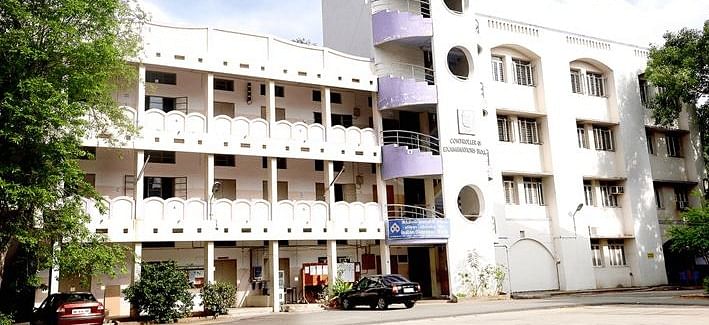



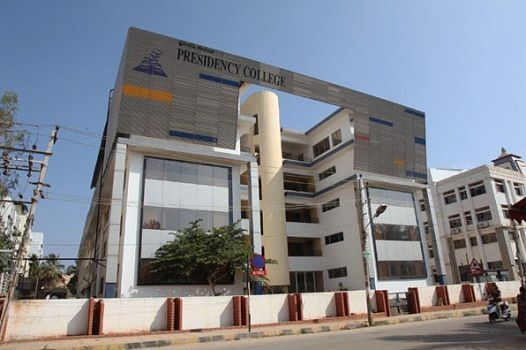

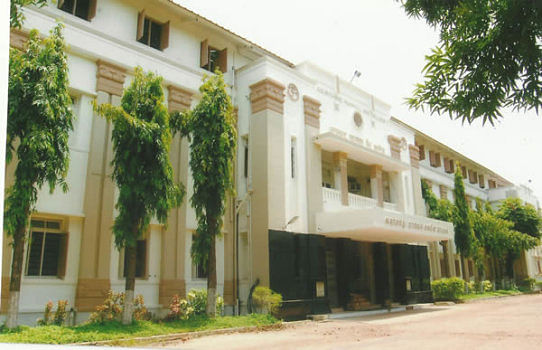

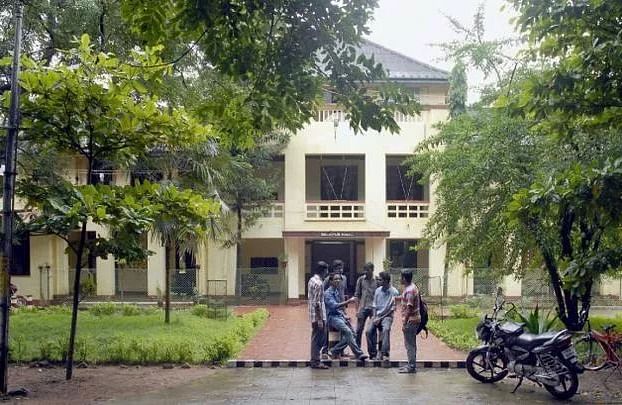

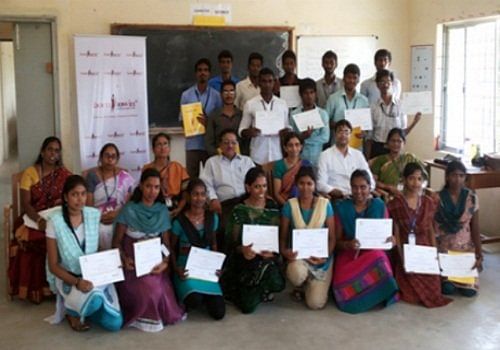


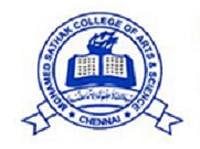

















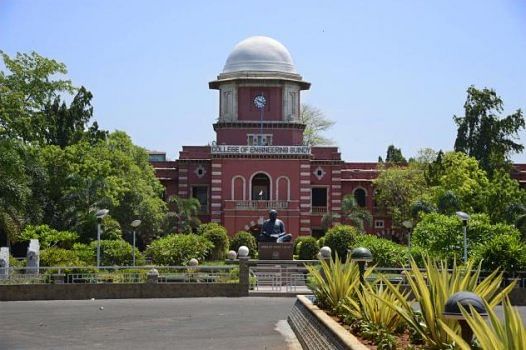


























POST YOUR COMMENT